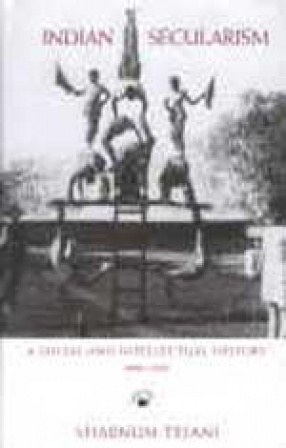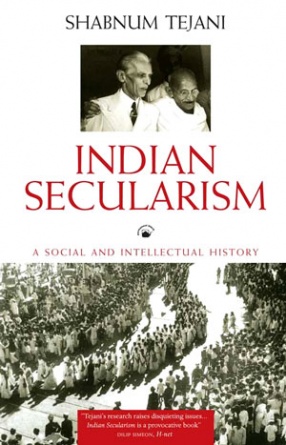Secularism has been the subject of much debate. Scholars have argued that recent Hindu nationalism is the symptom of a crisis of Indian secularism and have blamed this on a resurgence of religion or communalism. Shabnum Tejani argues here for a more complex and historically informed understanding. Her book is a history of how the idea of secularism emerged in India. She examines how secularism came to be bound up with what it meant to legitimately call oneself ‘Indian’ and shows why this concept’s genealogy is so imbued with the language of religion. Tejani argues that the emergence of the category of secularism in India had less to do with creating an ethics of tolerance than with a formulation of nationalism that provided a counterpoint to challenges posed by Muslim and untouchable communities. Through a detailed reconstruction of six historical moments, which include the emergence of religious movements and key constitutional debates, she shows that the ideology of secularism that emerged in 1950 had its conceptual preconditions in histories of nationalism, communalism, and British colonial discourses. She also argues that the distinction between religion and caste that has characterized debates on Indian secularism is false. Rather than being distinct from community and caste, nationalism and communalism, liberalism and democracy, Indian secularism was a relational category that emerged at the nexus of all these. This book will interest all students of Indian democracy, politics, and history, as well as of political philosophy and the sociology of caste.
Indian Secularism: A Social and Intellectual History 1890-1950
Secularism has been the ...
$31.50
$35.00






There are no reviews yet.